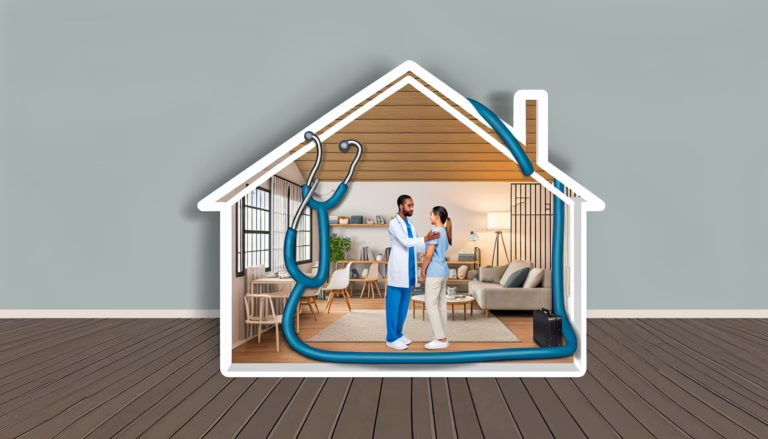Managing Stress and Anxiety: Essential Techniques for Home Healthcare Patients
The hectic pace of life these days can easily leave people feeling stressed and anxious. This can be especially true for home healthcare patients who must balance their everyday lives with the additional challenges posed by their health conditions. But with the right techniques, it’s achievable to manage stress and anxiety, enhancing your overall quality of life and potentially improving your health outcomes. Here are some strategies to help you maintain a calm mind and relaxed body as part of your home health care routine.
Mindfulness and Meditation
Practicing regular mindfulness and meditation can be remarkably effective in reducing stress and anxiety. Mindfulness encourages you to focus on the present moment, which can help you untangle from worry about the future or rumination on the past. Similarly, meditation can assist in establishing a sense of peacefulness and perspective. Both techniques are easy to implement at home and require just a quiet space and a few minutes a day.
Physical Activity
Exercise is not just for keeping your body fit; it’s also excellent for your mental health. Regular physical activity releases endorphins, which are your body’s natural mood lifters. Furthermore, exercise can give you a sense of accomplishment and improve your self-confidence. Even simple activities like walking around the neighborhood or respiratory exercises can have significant benefits.
Healthy Diet
What you put in your body can influence your emotions and anxiety levels. A balanced diet rich in fruits, vegetables, lean proteins, and whole grains provides the nutrients your brain needs to regulate emotions. Decreasing your intake of caffeine and sugar can also help to lower anxiety levels as they are known to cause energy crashes and mood swings.
Regular Sleep
Improper or insufficient sleep can exacerbate feelings of anxiety. Be sure to establish a relaxing bedtime routine and aim for 8 hours of sleep every night. You might notice an improved mood and decreased anxiety levels with good sleep hygiene.
Communication
Speaking with someone about your feelings can provide relief and result in an altered perspective on the cause of anxiety. Reach out to family members, friends, healthcare providers, or join a support group of people going through similar experiences. Remember, you’re never alone on your journey.
Conclusion
As part of home health care, managing stress and anxiety is crucial. By incorporating mindfulness, maintaining an active lifestyle, eating healthily, prioritizing sleep, and communicating openly about your feelings, it’s entirely possible to control anxiety levels effectively. Remember, every step you take towards managing your stress and anxiety is a step towards improving your overall health and enhancing your quality of life!



